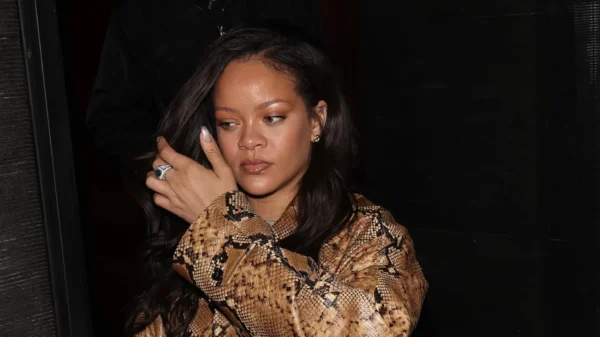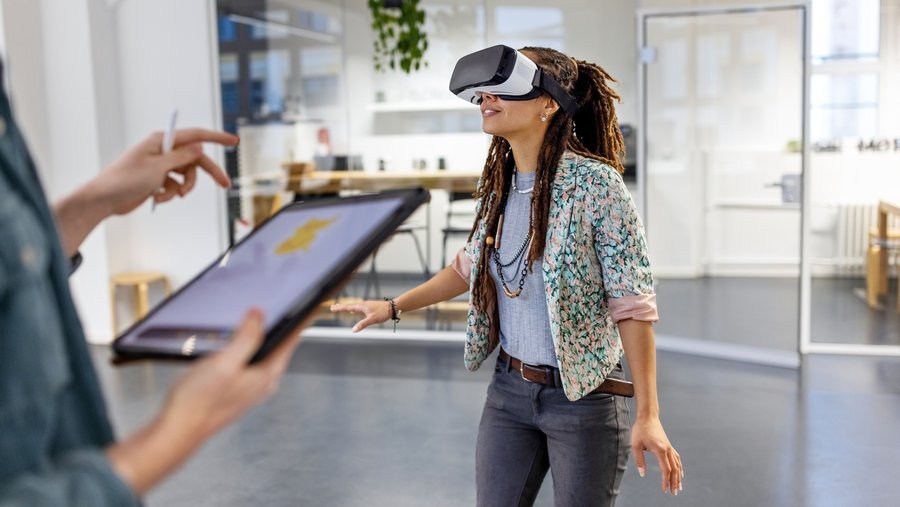The Rise of Blockbusters
Blockbusters have long been a staple of the entertainment industry. These are the big-budget films and TV shows that capture the attention of the masses and dominate the box office. In the past, blockbuster entertainment was limited to a few major studios who had the resources to produce and distribute these high-profile projects.
The Digital Revolution
With the advent of the internet and digital technology, the evolution of entertainment landscape began to change rapidly. Streaming platforms like Netflix and Amazon Prime emerged, offering a wide range of content that could be accessed anytime, anywhere. This shift in consumer behavior led to a decline in traditional movie theaters and a rise in the popularity of streaming services. These influencers have become a powerful force in shaping trends and driving audience engagement.
The Power of Niche
As streaming services gained traction, they also paved the way for more niche experiences to thrive. Instead of relying solely on blockbusters, audiences now have access to a plethora of content catering to their specific interests and preferences. From indie films to foreign language dramas, there is something for everyone.
The Impact of Social Media
Social media has played a significant role in the evolution of entertainment. Platforms like Instagram, TikTok, and YouTube have given rise to a new generation of content creators who can reach millions of viewers with just a smartphone and an internet connection. These influencers have become a powerful force in shaping trends and driving audience engagement.
The Future of Entertainment
Looking ahead, it’s clear that the entertainment industry will continue to evolve. As technology advances, we can expect to see even more immersive experiences like virtual reality and augmented reality becoming mainstream. The lines between traditional media and interactive experiences will blur, creating new opportunities for storytelling and audience engagement.

































